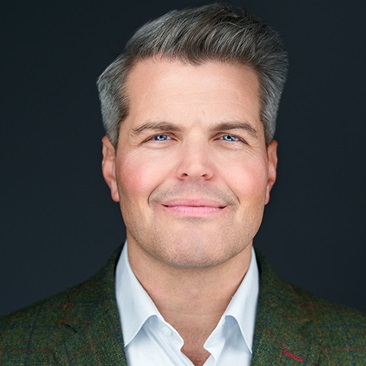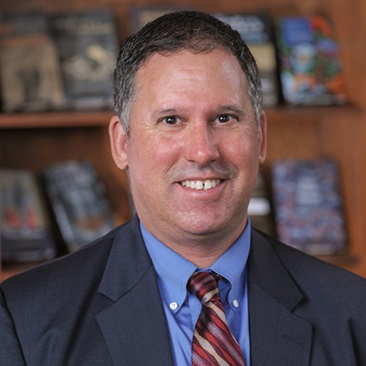The Shadow Gospel: How Anti-liberal Demonology Possessed U.S. Religion, Media, and Politics
Whitney Phillips, Mark Brockway
MIT Press, April 2025

Mark Brockway, assistant teaching professor of political science, has co-authored “The Shadow Gospel: How Anti-liberal Demonology Possessed U.S. Religion, Media, and Politics” (The MIT Press, 2025).
The book explores the American right, evangelical rhetoric and attacks on liberalism over the last eight decades. Rather than focus on culture wars or partisan polarization between left and right, it traces religious and secular messaging in American culture that preaches the dangers of liberalism, creating a sense of an evil leftist force threatening to destroy American society. The authors’ framing helps contextualize the factors that led to recent phenomena such as the violence of Jan. 6, 2021, Satanic conspiracy theories, crusades against “wokeness” and LGBTQ rights, and the appeal of Donald Trump.
Brockway has published numerous journal articles on public policy, ideological polarization and political participation as well as editorials on religion, American politics and the Christian right. His research has been supported by the University of Southern Mississippi, the University of North Carolina and the Andrew W. Mellon Special Endowed Fellowship, and the Institute for Scholarship in the Liberal Arts and the Rooney Center for the Study of American Democracy at the University of Notre Dame.
Brockway is a senior research associate in the Program for the Advancement of Research on Conflict and Collaboration. His research investigates the consequences of changing political and social identities for party politics including the role of secular and religious identities in shaping partisan affiliation and participation.
Co-author Whitney Phillips is an assistant professor in the School of Journalism and Communication at the University of Oregon.
From the publisher:
A novel account of the culture wars and Evangelical influence in the United States that traces the 80-year rise of a quasi-religious anti-liberal demonology.
When people talk about the chaotic, increasingly precarious political landscape in the United States, they often blame polarization and the culture wars. In The Shadow Gospel, Whitney Phillips and Mark Brockway tell a very different story. Analyzing eighty years of densely overlapping religious and secular messages preaching the dangers of liberalism, the book argues that the fracture and chaos in U.S. politics isn’t the result of a clean split between left and right. Instead, it’s a split between the shadow gospel’s quasi-religious anti-liberal demonology—the vague sense that an evil leftist force is threatening to destroy American society—and the people accused of being the liberal devil.
A shadow gospel framework helps contextualize the violence of January 6, 2021, the fervor of Satanic conspiracy theorizing, and the crusade against “wokeness” and LGBTQ existence. But it also helps explain the most vexing elements of our politics: that the most potent source of religious messaging and influence in the United States is secular, that the most ruthless destroyers of Republicans are other Republicans, and that anti-liberal fear and loathing span the political spectrum.
By offering new ways of thinking about religious influence, the left/right dichotomy, and the appeal of Donald Trump, The Shadow Gospel reveals the true roadblocks to pluralistic democracy and emphasizes what people across the religious and political spectrum stand to lose if we don’t exorcise our anti-liberal demons. There are no easy solutions to our vast and complicated political problems. But those solutions will remain elusive if how we frame our problems is part of the problem. It is long past time to drag the shadow gospel out into the light.
Related News
Commentary

Apr 1, 2025
Research

Mar 25, 2025
Commentary

Mar 24, 2025
